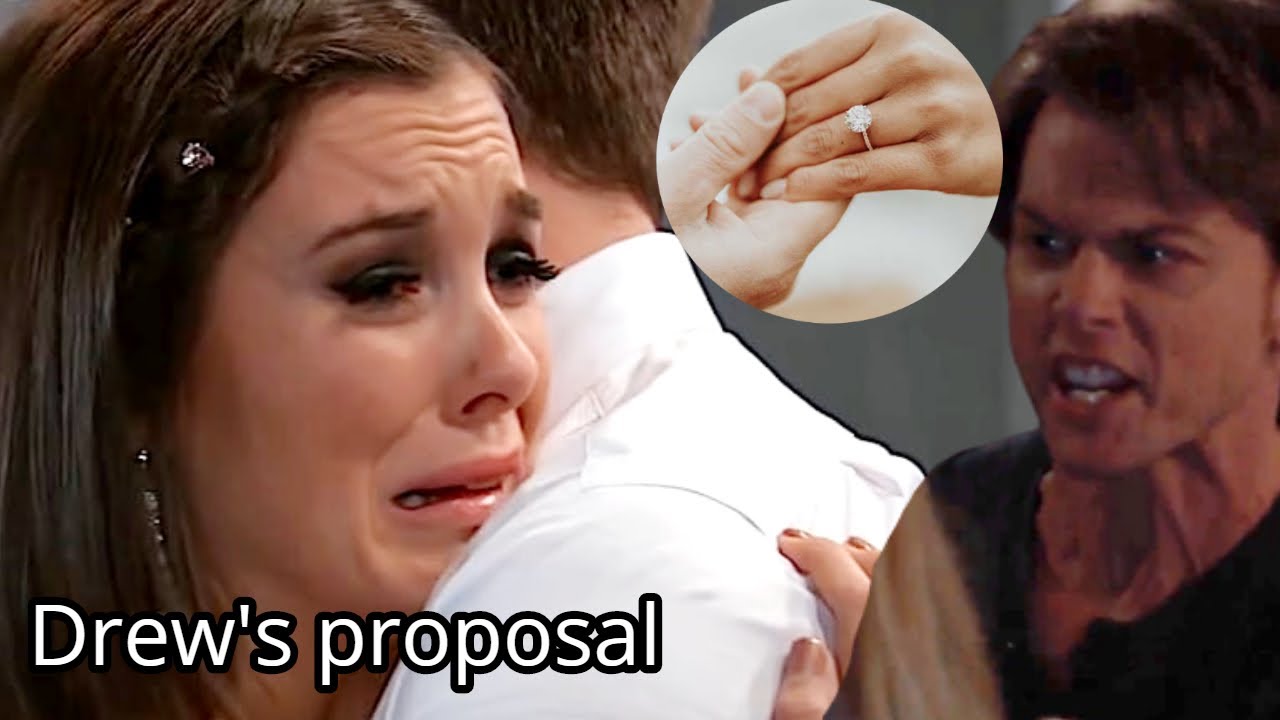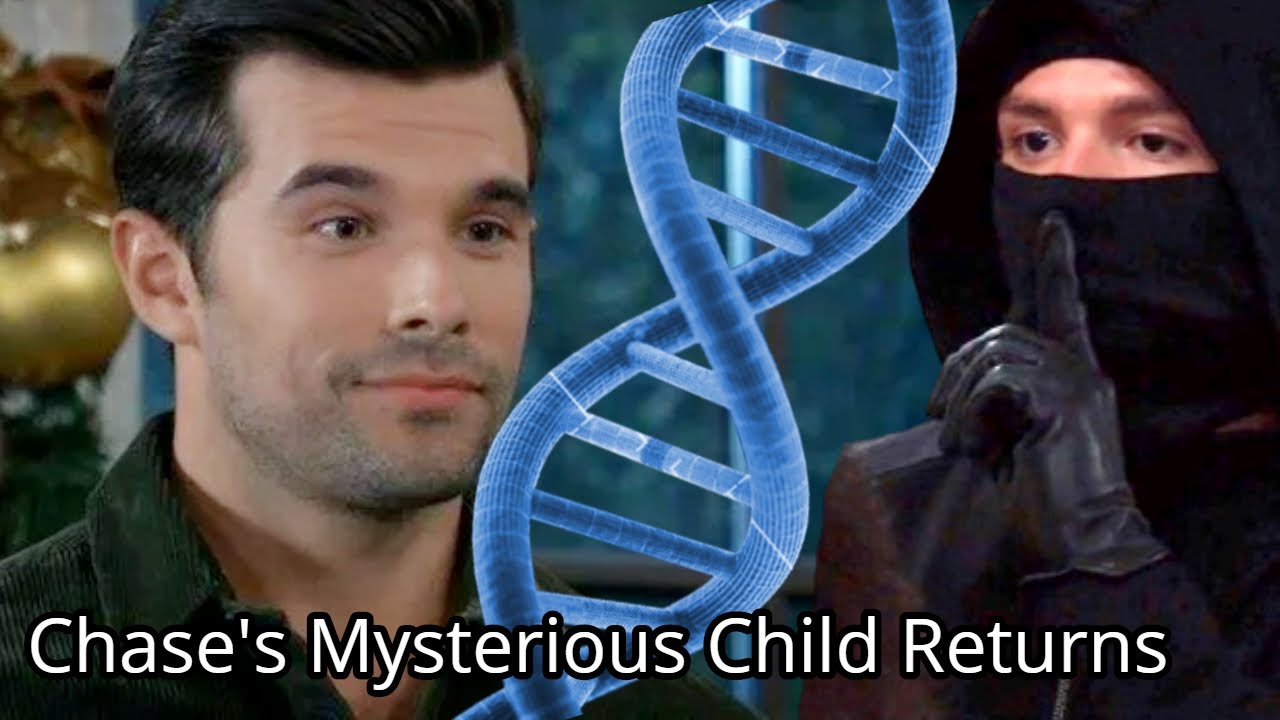Robbie Williams has revealed plans to resit his GCSEs after leaving school with no qualifications which left him feeling ‘stupid’.
The singer, 50, who has since been diagnosed with dyslexia and ADHD, explained that learning disabilities were not understood during his youth and it has taken him years to shake off feelings of inadequacy.
Robbie said he may even consider University in the future after sitting his GCSEs and hinted a possible TV show which would follow his journey back to school.
Despite being predicted to earn As and Bs in English, History, and Geography, he ultimately failed all of his exams, before going on to find fame with Take That.
Robbie told The Mirror: ‘I got nothing higher than a grade D, and everything else I failed or I didn’t turn up for. I really want to go back and get them.
‘All my life I’ve felt really stupid because we didn’t know about dyslexia in the Seventies and Eighties in Stoke-on-Trent.


He continued: ‘I’ve got dyslexia, dyscalculia, ADHD, but we didn’t have those then, so I left school thinking I was a dumb-dumb and it’s taken ages to get over that’.
Dyslexia is a common learning difficulty that can cause problems with reading, writing and spelling.
Robbie previously explained that he was ‘numerically dyslexic’ as he finds it hard to add and subtract numbers together and struggles to remember key dates such as family 𝐛𝐢𝐫𝐭𝐡days.
He told The Sun: ‘I’m numerically dyslexic. I can’t add or subtract. I always get in trouble because I don’t know my kids’ 𝐛𝐢𝐫𝐭𝐡 dates and I don’t know our anniversary’
‘I don’t know my wife’s 𝐛𝐢𝐫𝐭𝐡day, I can’t even remember our house in Los Angeles. It has four digits for the start of the address and I can’t ever remember what those digits are.’
Meanwhile ADHD is a serious, complex neurobiological condition characterised by inattentiveness — such as having a short attention span, being easily distracted, appearing forgetful or losing things — and impulsivity, for instance, being unable to sit still and concentrate.
Last year Robbie revealed that his eldest daughter Teddy, 11. also suffered from Dyslexia
In an interview with Galore magazine he said: ‘My older daughter suffers from dyslexia, just like me.’



He continued: ‘When I was growing up in Stoke-on-Trent in the Eighties, however, dyslexia was still a completely unknown diagnosis.
‘I have to explain to her what dyslexia is, what it means for people, how to deal with it. And that if you suffer from it, you’re not automatically stupid.’
Attention Deficit Hyperactivity Disorder (ADHD) is a behavioural condition defined by inattentiveness, hyperactivity and impulsiveness.
It affects around five per cent of 𝘤𝘩𝘪𝘭𝘥ren in the US. Some 3.6 per cent of boys and 0.85 per cent of girls suffer in the UK.
Symptoms typically appear at an early age and become more noticeable as a 𝘤𝘩𝘪𝘭𝘥 grows. These can also include:
Source: NHS Choices
Robbie, who shares Charlie, nine, Coco, five, and three-year-old Beau with wife Ayda Field, said that Teddy had been struggling after being abandoned by a friend following her diagnosis with the learning condition.
The couple are known for keeping their family life relatively private and away from the spotlight.
Robbie said: ‘The other thing, one of her friends decided overnight that she didn’t want anything to do with her any more. Teddy was devastated, completely desperate.
‘I tried to make it clear to her that sometimes you just have to let other people go, that you should let them go – but without sacrificing your own self-esteem in the process.
‘This girl did not serve her love and friendship. Again, as I said, I speak from experience.’
It comes after Robbie’s hopes of scoring his first Academy Award have been shattered after his latest song was deemed ineligible for a nomination.
The singer’s track Forbidden Road, from his upcoming biopic Better Man, was shortlisted earlier this week in the for Best Original Song category.
However, Oscar bosses have since disqualified the song, saying it shares too many similarities with another tune from 1973, according to Variety.
The melody of Forbidden Road has been compared to I Got a Name by Charles Fox-Norman Gimbel, which was performed by Jim Croce in the film, The Last American Hero.
The Academy rules state that the lyrics and music of any track submitted in the category, must be ‘original and written specifically for the motion picture.’
Insiders have claimed to Variety that letters were sent out to the voters of the category, informing them that Robbie’s song has been deemed ineligible because it ‘incorporates material from an existing song that was not written for the film’.
While the letter also stated: ‘This is a decision that both honors our rules and protects the special nature of the Original Song and Score categories.’


The disqualification of Forbidden Road means that the shortlist has been cut down to 14 songs, five of which will receive nominations.
Using a preferential voting system, the music branch voters will get to decide which tracks will get nods when for Oscar nominations begins on January 8.
It had previously been reported that Robbie was eager to submit his tune for the Oscars, with a source telling The Sun in October: ‘Robbie is excited not just for the chance to present his movie to the world, but also to have a crack at the Oscars.
‘Paramount has faith in pushing the tune out to voters and promoting the track with their trailers and promos, of courser there are no guarantees, but he has a stellar reputation.’
Dyslexia is a common learning difficulty that can cause problems with reading, writing and spelling.
Unlike a learning disability, intelligence isn’t affected. It’s estimated up to one in every 10 people in the UK has some degree of dyslexia.
Dyslexia is a lifelong problem that can present challenges on a daily basis, but support is available to improve reading and writing s𝓀𝒾𝓁𝓁s and help those with the problem be successful at school and work.
What are the signs of dyslexia?
Signs of dyslexia usually become apparent when a 𝘤𝘩𝘪𝘭𝘥 starts school and begins to focus more on learning how to read and write. A person with dyslexia may:
Getting help
If you think your 𝘤𝘩𝘪𝘭𝘥 may have dyslexia, the first step is to speak to their teacher or their school’s special educational needs co-ordinator (SENCO) about your concerns. They may be able to offer additional support to help your 𝘤𝘩𝘪𝘭𝘥 if necessary.
If your 𝘤𝘩𝘪𝘭𝘥 continues to have problems despite extra support, you or the school may want to consider requesting a more in-depth assessment from a specialist dyslexia teacher or an educational psychologist.
This can be arranged through the school, or you can request a private assessment by contacting an educational psychologist directly, or a voluntary organisation that can arrange an assessment.
Adults who wish to be assessed for dyslexia should contact a local or national dyslexia association for advice.
Support for people with dyslexia
If your 𝘤𝘩𝘪𝘭𝘥 has dyslexia, they’ll probably need extra educational support from their school.
With appropriate support, there’s usually no reason your 𝘤𝘩𝘪𝘭𝘥 can’t go to a mainstream school, although a small number of 𝘤𝘩𝘪𝘭𝘥ren may benefit from attending a specialist school.
Techniques and support that may help your 𝘤𝘩𝘪𝘭𝘥 include:
Universities also have specialist staff who can support young people with dyslexia in higher education.
Technology such as word processors and electronic organisers can be useful for adults, too.
Employers are required to make reasonable adjustments to the workplace to help people with dyslexia, such as allowing extra time for certain tasks.
Support groups
As well as national dyslexia charities such as the British Dyslexia Association (BDA), there are several local dyslexia associations (LDAs).
These are independently registered charities that run workshops and help to provide local support and access to information.
What causes dyslexia?
People with dyslexia find it difficult to recognise the different sounds that make up words and relate these to letters.
Dyslexia isn’t related to a person’s general level of intelligence. Children and adults of all intellectual abilities can be affected by dyslexia.
The exact cause of dyslexia is unknown, but it often appears to run in families.
It’s thought certain genes inherited from your parents may act together in a way that affects how some parts of the brain develop during early life.
Source: NHS





